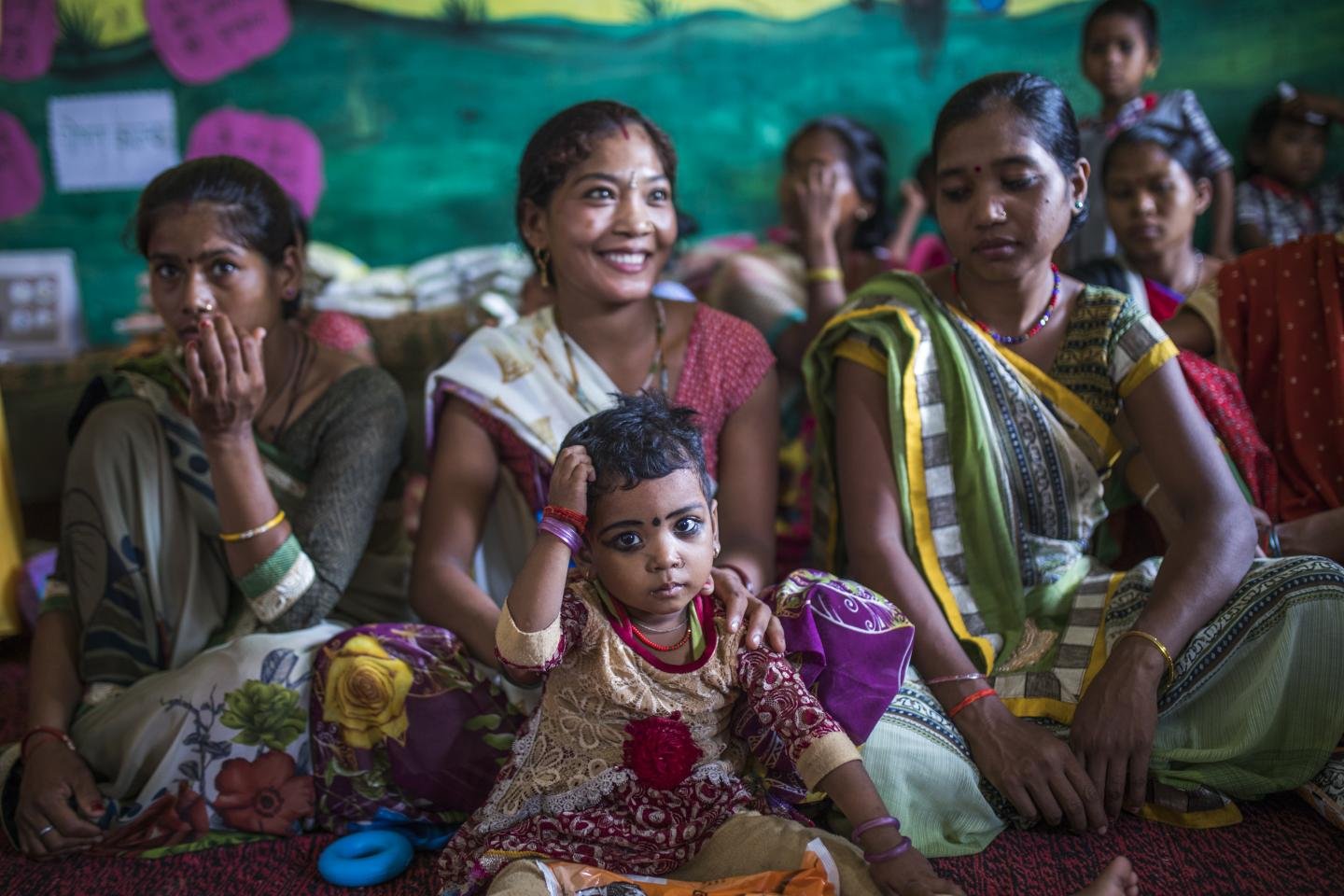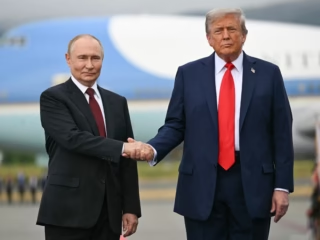As scientists and governments race to provide the COVID-19 vaccine, the majority of India’s citizens – who live in its rural hinterland – could be key to this vaccination effort of epic proportions to prevent the pandemic from causing further damage.
What are the perceptions of rural citizens about the vaccine, its efficacy, and what it will do to their lives? What is the price point at which they would be ready to afford it – or do they want it only if it is free? How have their lives changed during this year, in small and big ways?
Gaon Connection Insights, India’s biggest rural insights platform, has started off rural conversations with every report in its series, The Rural Report, and this research across 16 states and 1 Union Territory is timely and crucial, and it will help policymakers as well as corporations.
After releasing two hugely impactful national surveys, Gaon Connection now releases its third rural survey titled the ‘COVID-19 Vaccine and Rural India’ on the perceptions of rural Indians around the corona vaccine.
Spread across 60 districts in 16 states and one union territory with a sample size of 6,040 households, the face-to-face rapid survey found that slightly less than half (44%) of the respondent households were willing to pay and get the corona vaccine. Meanwhile, 36 percent said they would not pay for it.
Around one-fourth of the total respondent, households reported that samples from at least one member of their household were taken for the testing of COVID-19. The proportion of such households was the highest (42.6%) in the east-and-northeast zone, whereas it was the lowest in the north zone (10.9%).
Of the 25.9 percent respondent households who reported their family member(s) getting tested for COVID-19, more than half, that is 59 percent, said at least one person in their household had tested positive for the coronavirus.
Overall, 15 percent of the total 6,040 respondent households reported at least one person in their household/friend circle testing positive for COVID-19.
Overall, some 15 percent of rural households reported at least one person in their household/friend circle testing positive for COVID 19.
Meanwhile, at least 51 percent of respondents called the coronavirus crisis a “conspiracy by China”.
Twenty-two percent said it was the failure of citizens to observe precautions, whereas about 18 percent saw it as the government’s failure.
This unique face-to-face survey by Gaon Connection Insights, the data, and insights arm of India’s biggest rural media platform, Gaon Connection, was conducted between December 1 and December 10 across 60 districts in 16 states and one union territory with a sample size of 6,040 households.
The survey, released as ‘The Rural Report 3: COVID-19 Vaccine and Rural India’ and
available in full for a free download on
www.ruraldata.in.
When questioned about the companies launching the COVID-19 vaccines 77 percent of respondents were aware of the information. Of those who were willing to pay and get the vaccine (44%), two-third of such respondents said they were willing to pay less than Rs 500/- for two doses of vaccine. Only 8% were willing to pay Rs. 1000/- or more for two doses of the vaccine.
Since affordability is a big issue in rural India, people were asked if they had to pay Rs 1000 for two doses of the vaccine then whom would they get vaccinated first in their family. More than 33% of respondents said they would vaccinate their old parents.
The survey also asked rural citizens if the government had to prioritize vaccination, who should be given the top priority of which 43.5% of respondents said it should be the doctors and nurses.
Another important objective of the Gaon Connection survey was to find out beliefs and practices around COVID-19, a new disease. More than 51% of respondents said that the disease was a “conspiracy by China”, 22% believed it was a failure of people to take precautions and 18% believed this was the government’s failure.
The survey also found that half the respondents were spending more money in the corona period on buying and consuming packaged immunity-boosting products, such as Chyawanprash, giloy, kadah, vitamin tablets, etc.
COVID-19 has also changed the food habits of rural citizens with almost 70 percent of respondents saying they had stopped eating outside food. Over 33 percent said they had started eating more vegetables, whereas 30 percent said they were eating more fruits.






